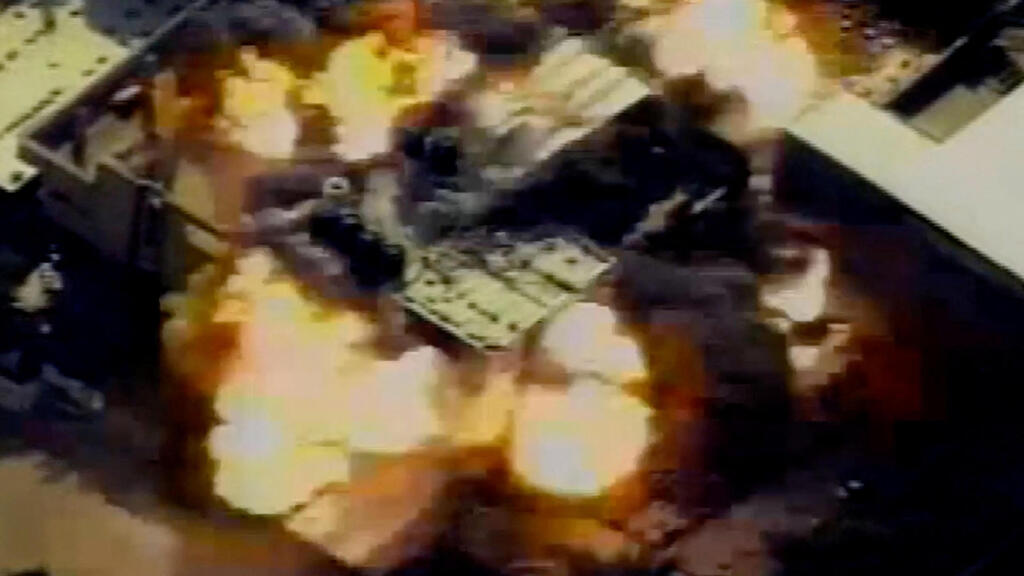There is a commonly held conception that knowledge and morality are somehow related. We assume that investing significant time in the acquisition of knowledge and being knowledgeable, somehow makes us more refined, broadens our perspectives and helps us distinguish between right and wrong.
Read more:
We also tend to assume the opposite - that immorality is the result of ignorance and lack of knowledge. The need to tackle or defend this assumption is often expressed when discussing the Holocaust. This was a commonly heard question following World War Two: how could the products of a culture that had produced such creative and elaborate thinkers and artists engage in acts of ruthless barbarism?
The answer is simply that the assumption is false. Knowledge and morality are two different and fundamentally unrelated aspects of being human. This is true both with regard to the actual committing of crimes and with regard to the ability to recognize them. We already know this. But in fact, the assumption is not only false, it's dangerous. It creates a feeling that morality can be judged through the prism of theory and intellectual efforts and that those who have acquired knowledge are somehow better placed to recognize evil.
As academics, we produce many words but tend to take them lightly. With the deep erosion of truth and objectivity in the past several decades, our words have become nothing more than temporary fashions. But organizations like Hamas use words the old way – they mean them. When they write in their charter that killing Jews is a religious duty to be undertaken before the Day of Judgement, they are not engaging in intellectual debate. On the 7th of October, they were simply living up to their own words.
A few days ago, I received this announcement from the American Academy of Religion:
"The Board of Directors of the AAR recognizes that no public statement will adequately express our empathy and solidarity with those who are heartbroken and outraged. We condemn the killing of Israeli civilians and the taking of Israeli hostages by Hamas. We condemn the lethal violence against Palestinian civilians and the decades-long occupation and denial of human rights to Palestinians by Israel’s government. We recognize the error of equating people with their governments. As a scholarly organization that values the critique of constellations of power, the AAR rejects all forms of colonialism, dispossession, occupation, hegemony, and violence."
These words are a resounding moral failure. One short sentence concerning the brutal murder, rape and kidnapping of over 1500 civilians, is followed by its justification and a total negation of Israel's right to defend itself. The reason for the failure is clearly expressed within the announcement itself; it is rooted in the total subjugation of Western academia to the issue of "constellations of power", an ideology that recognizes all power as evil and all weakness as invariably righteous.
I am not surprised by this failure, nor am I troubled by the insult it offers. As an Israeli, I am thankful that we protect ourselves here regardless of the proclamations of intellectuals. I take encouragement in the support of many others worldwide, people who can easily discern between good and evil without being acquainted with contemporary theories of gender, race or power.
But as a human being living in the free world, I am alarmed because a culture that is unable to differentiate between brutality and self-defense will not survive. I am concerned for you in the U.S. and elsewhere. If you cannot distinguish between the brutal murder of a child and the violence required to eliminate the murderer, you will not survive. If you are not able to see the difference between an ideology of hatred and genocide and the means to oppose such an ideology, you will not survive. For your own sake, you must wake up now.
- Gideon Elazar is an anthropologist of religion and ethnicity at Bar Ilan and Ariel universities



